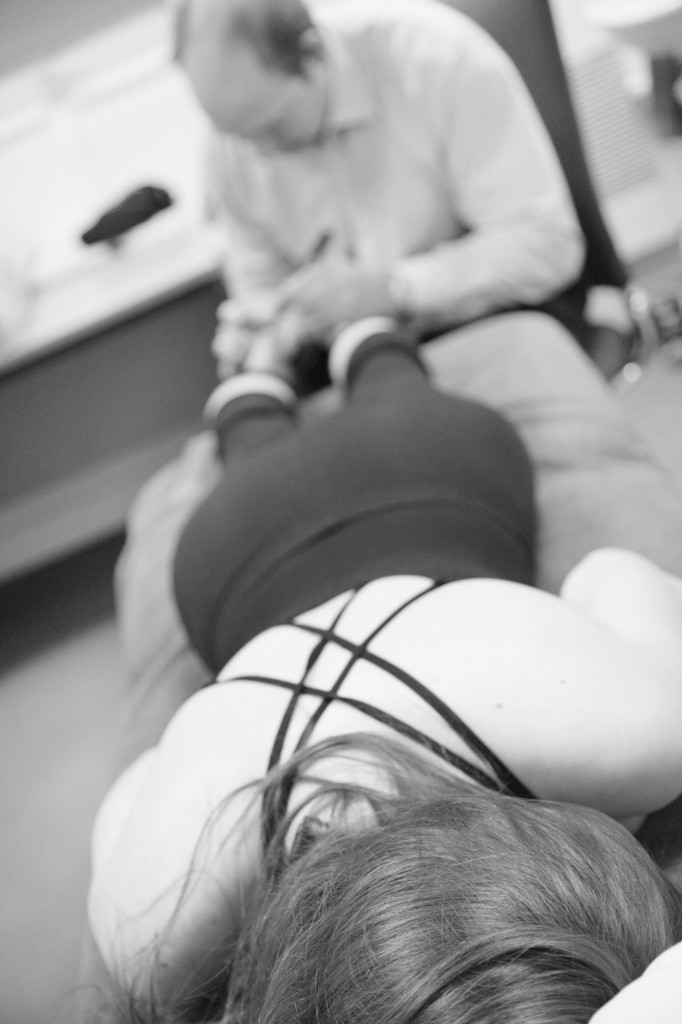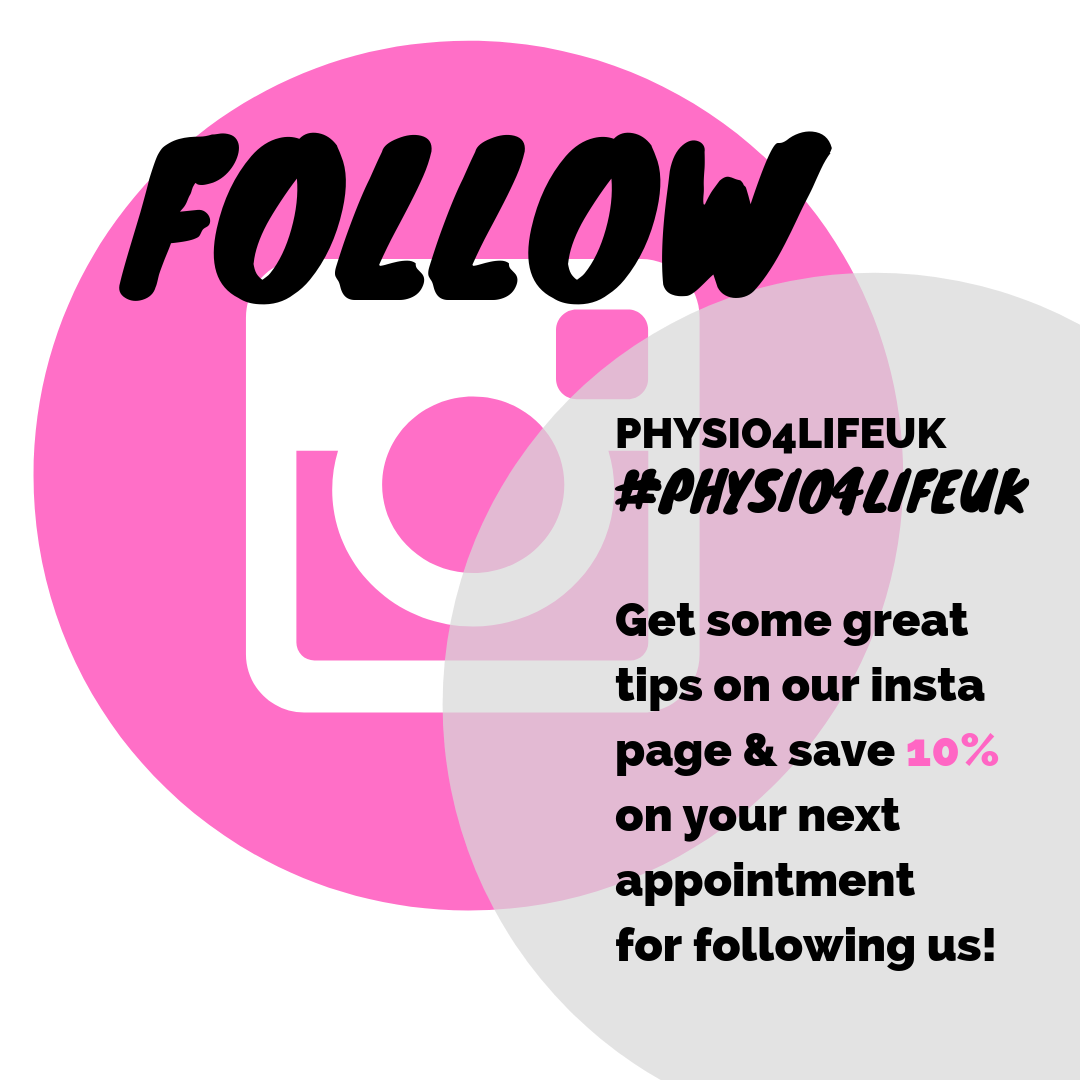

It’s not about winning, it’s about being fit to take part: How you could be getting to the start line in better shape for this year’s London Marathon
According to Runner’s World magazine there are seven common injuries for long distance runners. And there’s no doubt that many of the 30,000+ on the start line at Sunday’s London Marathon will either be carrying one of them into the big day, or be suffering from one by the time they cross the line 26 miles later. While most will have prepared themselves for a day of pushing the pain threshold, hitting the wall at 20 miles and battling the British weather, what most fun runners and even experienced club runners don’t know is that they can safeguard against these common complaints.
For the record, the “big seven” injuries are:
– Runner’s Knee (Patellofemoral Pain Syndrome)
– Achilles Tendinitis
– Tight Hamstrings
– Plantar Fasciitis (tendon inflammation of the foot)
– Shin Splints
– Iliotibial Band Syndrome (irritation on the outside of the upper leg)
– Stress Fractures.
And every one of these can be caused by problems with an individual’s foot biomechanics. With 28 bones, 38 muscles and 214 ligaments, feet are incredible evolutionary tools. But their complexity also makes them the root of many problems for those athletes putting themselves through rigorous training regimes and competing in long-distance races. Foot alignment and pronation issues can cause abnormalities and injuries throughout the rest of the body, or occur as a result of biomechanical imbalances elsewhere in the body.
So how can those participating in a marathon protect their feet and improve biomechanics to stave off injuries and enjoy a pain-free running experience? The answer lies in prescription orthotics.
Orthoses for the feet are custom-made insoles designed to give feet the correct level of support and cushioning to rectify any alignment issues that a runner may have. Popular thinking would have you believe that spending a lot of money for the best running shoes will rectify any biomechanical or gait issues, but even the finest off-the-shelf footwear only deals with running abnormalities in very general terms. Bearing in mind that most of us have right and left feet that are significantly different in shape, how likely is it that we share the same contours as anybody else? This fact is often overlooked in shops – even those with gait analysis software, and it is not unusual for poor alignment and biomechanical diagnoses to be given.
Generic gait assessment simply places people into three broad categories – normal pronators, underpronators and overpronators. For those that aren’t familiar with the terms, pronation is concerned with the “rolling” movement that takes place when a foot makes contact with the ground and the weight is distributed from the outside of the foot to the in-step. But without an accurate measurement of the pronation or the understanding of the other biomechanical factors taking place in not only the foot and ankle, but also the knee, pelvis and back, runners are unlikely to find the pain-free results they are paying for. And modern running shoes don’t come cheap.
If you’re going to be putting in the miles for training and then taking up to 40,000 steps during the course of the London Marathon, it’s important for your body that you are correctly aligned, especially once you get into your 30s and beyond. For that reason it’s important that you don’t rely on a 20 second assessment on the treadmill in your local sports shop.
At Physio4Life we take up to an hour to carry out a comprehensive assessment before prescribing custom-made TOG orthotics to our clients. These specially made insoles are specifically designed to reduce tissue loading, redistribute the shock absorbed through a runner’s feet and reduce muscle fatigue. All of which means that you can train and compete with confidence; knowing that you are protected against the injuries caused by biomechanical abnormalities. And as we all know, being able to train hard and clock up those miles pain-free and with a sense of enjoyment, those PBs will soon begin to tumble.
For more information, why not call Physio4Life on 0208 704 5998 or book an appointment using the form below
[contact-form-7 404 "Not Found"]



